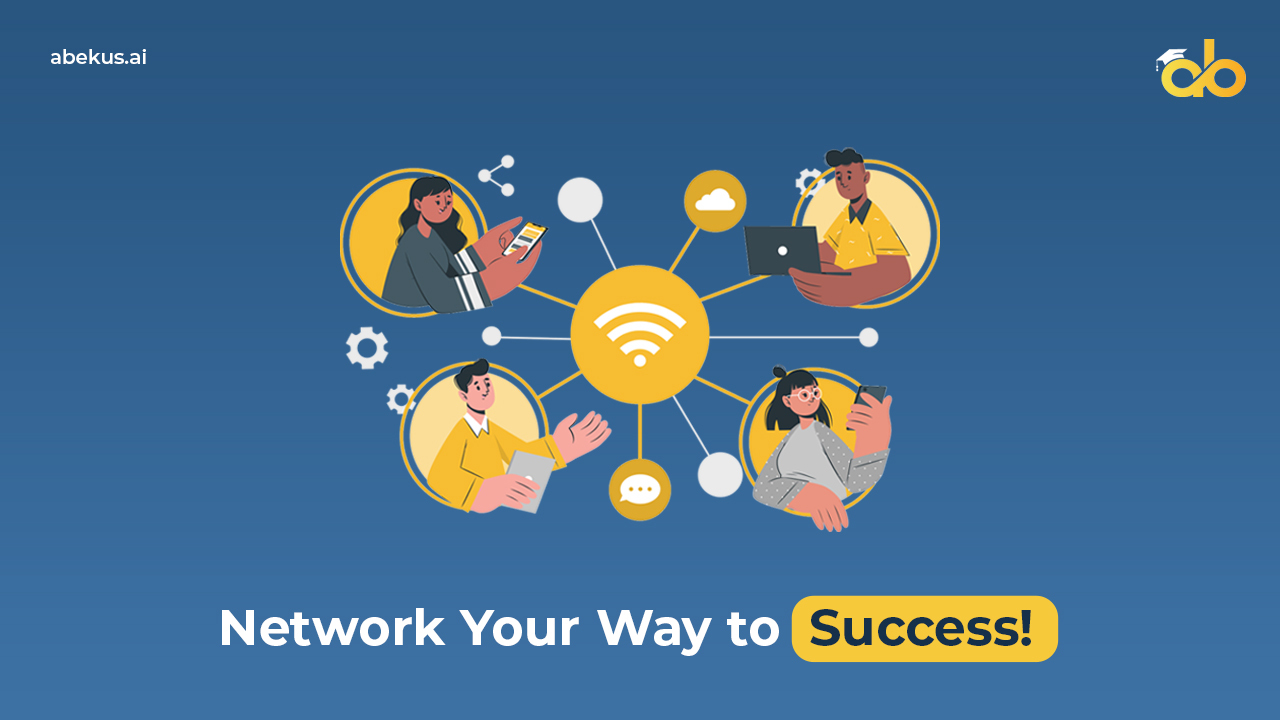The debate between working from the office and working remotely is ongoing in the modern workplace. While remote work has its advantages, the benefits of working from the office are significant and impactful, particularly for fostering collaboration, maintaining work-life balance, and ensuring productivity. Below, we explore the top 10 benefits of working from the office.
1. Enhanced Collaboration and Teamwork
Working in an office environment naturally facilitates collaboration and teamwork. When employees are in the same space, exchanging ideas, brainstorming solutions, and working together on projects is easier. The physical proximity allows for spontaneous discussions and quick problem-solving, which can lead to more innovative and efficient outcomes.
2. Structured Work Environment
An office provides a structured environment that helps employees stay focused and productive. The clear separation between work and home helps maintain a professional atmosphere, reducing distractions that are often present in a home setting. This structure can lead to more efficient work habits and better time management.
3. Access to Resources and Technology
Offices are equipped with the latest technology and resources that employees may not have access to at home. High-speed internet, advanced software, hardware, and office supplies are readily available, ensuring employees have everything they need to perform their tasks efficiently. This access can enhance productivity and the quality of work produced.
4. Professional Development and Networking
Being in the office provides more opportunities for professional development and networking. Employees can engage in face-to-face conversations with colleagues, attend in-person meetings, and participate in training sessions that might be less effective in a virtual setting. Networking within the office can also open up new career opportunities and foster professional growth.
Related: Common Job Mistakes & How to avoid them
5. Clear Communication
Communication is more straightforward and effective in an office setting. Misunderstandings are less likely to occur when employees can have face-to-face conversations. Non-verbal cues, such as body language and tone of voice, play a significant role in how messages are conveyed and understood. In-person communication also allows for immediate feedback and clarification, which can prevent mistakes and improve efficiency.
6. Stronger Company Culture
An office environment helps build and maintain a strong company culture. When employees work together in the same space, they can more easily align with the company’s values, mission, and goals. Regular interactions, team-building activities, and shared experiences contribute to a sense of community and belonging, which is essential for employee satisfaction and retention.
7. Work-Life Balance
While remote work is often touted for its flexibility, it can blur the lines between work and personal life. Working from the office helps create a clear distinction between work time and personal time. This separation can reduce the risk of burnout and ensure that employees can fully disconnect from work at the end of the day, leading to a healthier work-life balance.
8. Immediate Access to Management
Being in the office allows for easier and more immediate access to management and leadership. Employees can quickly seek guidance, provide updates, or discuss concerns without the need for scheduled virtual meetings. This direct access can lead to faster decision-making and more effective management.
9. Increased Motivation and Accountability
The presence of colleagues and supervisors in the office can increase motivation and accountability. Employees are more likely to stay on task and meet deadlines when they are surrounded by others who are also working towards common goals. This environment fosters a sense of responsibility and encourages employees to perform at their best.
10. Better Work Relationships
Working in the office allows employees to build stronger relationships with their colleagues. Daily interactions, shared experiences, and collaborative efforts create bonds that are difficult to replicate in a remote setting. These relationships contribute to a positive work environment, increase job satisfaction, and improve overall team performance.
Conclusion
While remote work offers flexibility, the benefits of working from the office are substantial, particularly in areas such as collaboration, communication, and professional development. The structured environment, access to resources, and opportunities for networking and building relationships make the office a vital space for fostering productivity and maintaining a strong company culture. Balancing both remote and in-office work can provide the best of both worlds, ensuring that employees remain engaged, motivated, and aligned with the company’s goals.
Related: Get jobs recommendations according to your preference and skills
FAQs
- Can a hybrid work model offer the same benefits as working full-time from the office?
- A hybrid model can offer a balance, providing flexibility while still allowing for the benefits of in-office work, such as collaboration and access to resources.
- How does working from the office impact employee engagement?
- Being in the office can increase employee engagement through regular interactions, access to management, and a stronger connection to company culture.
- What are the challenges of working from the office?
- Challenges may include commuting, balancing personal and professional responsibilities, and adjusting to a structured work environment after remote work.
- Is working from the office more productive than working from home?
- Productivity can vary depending on the individual and the work environment, but the office can reduce distractions and provide better access to resources.
- How can companies encourage employees to return to the office?
- Companies can create a welcoming office environment, offer professional development opportunities, and ensure that the office is equipped with the necessary resources and technology.






